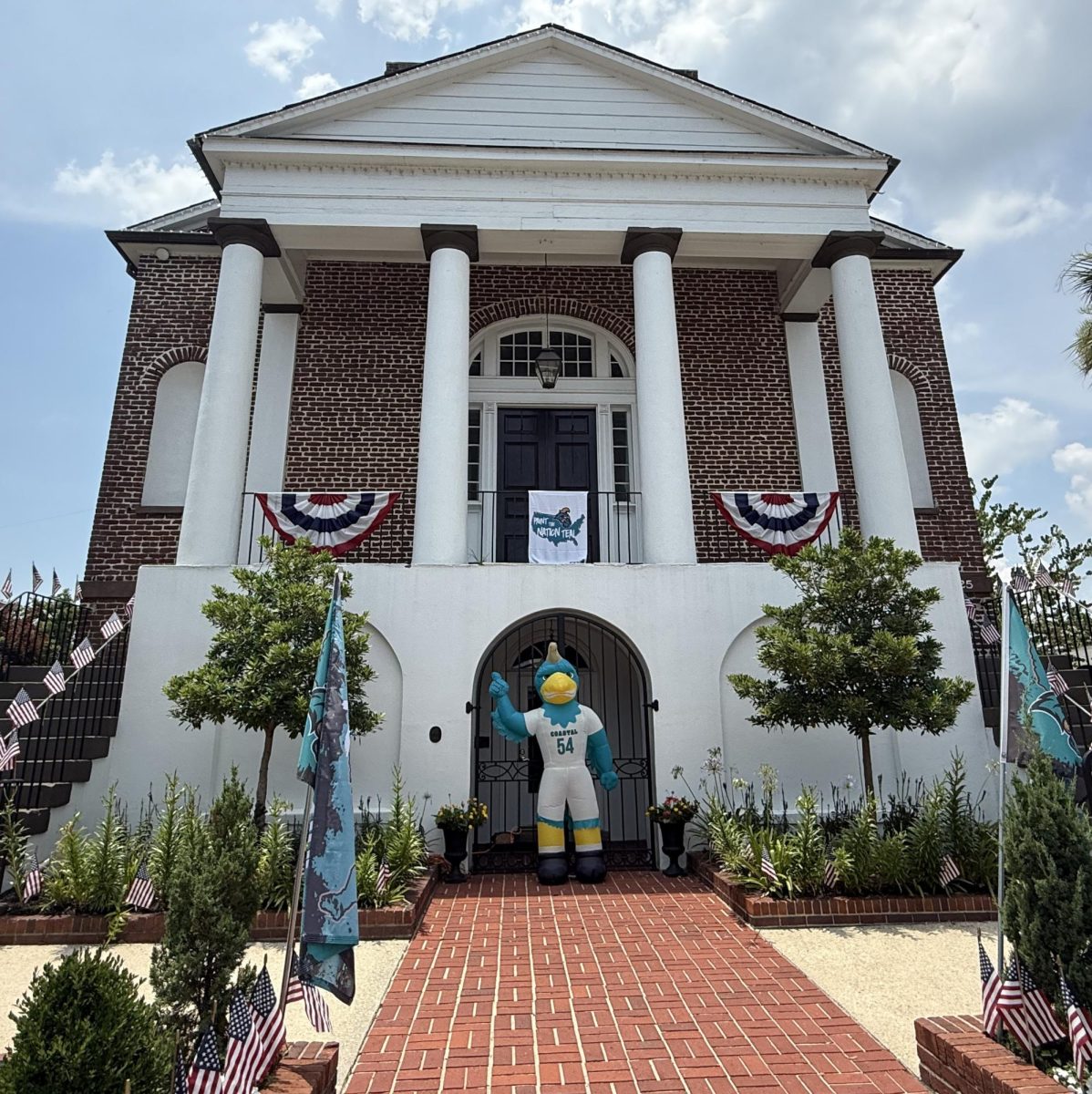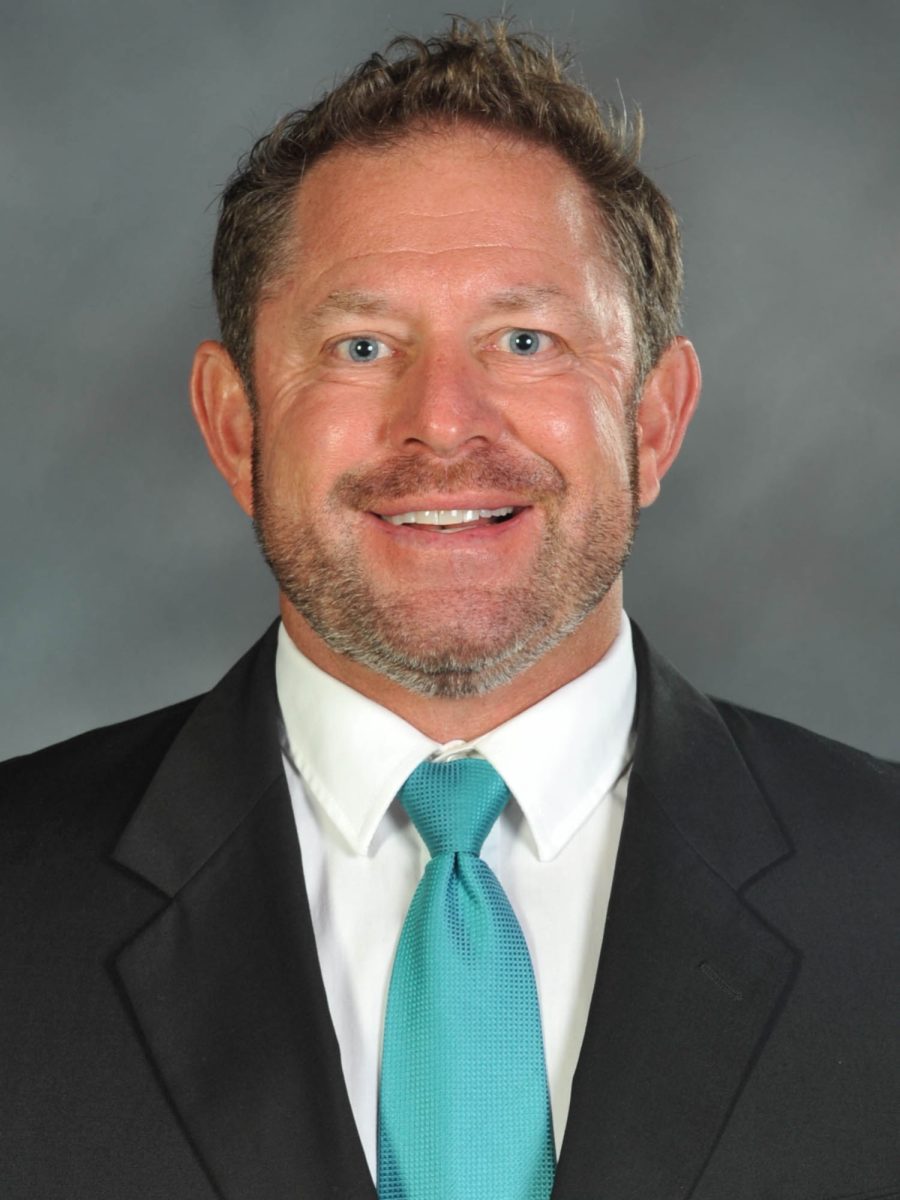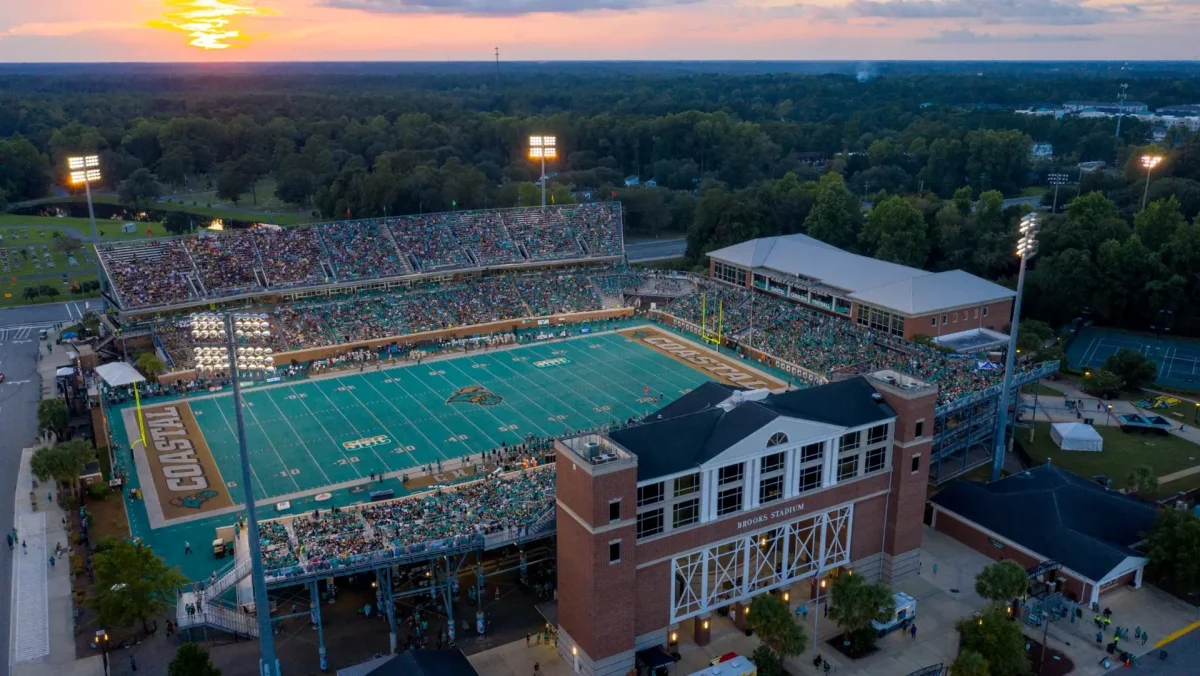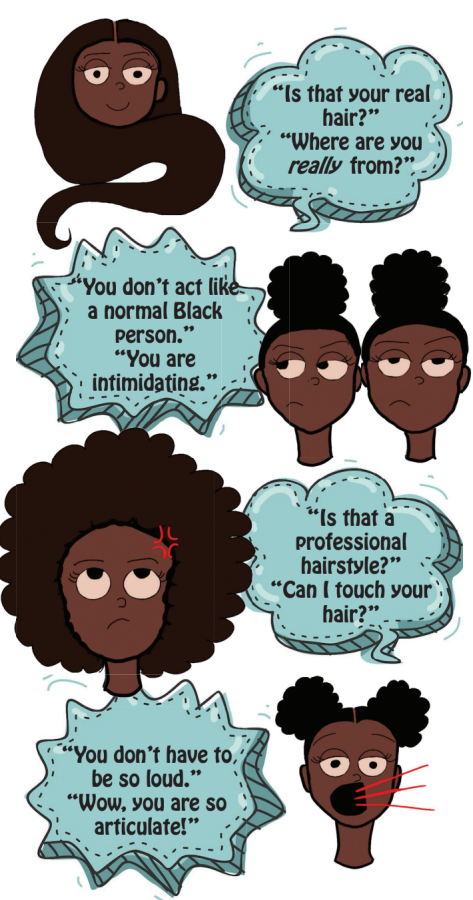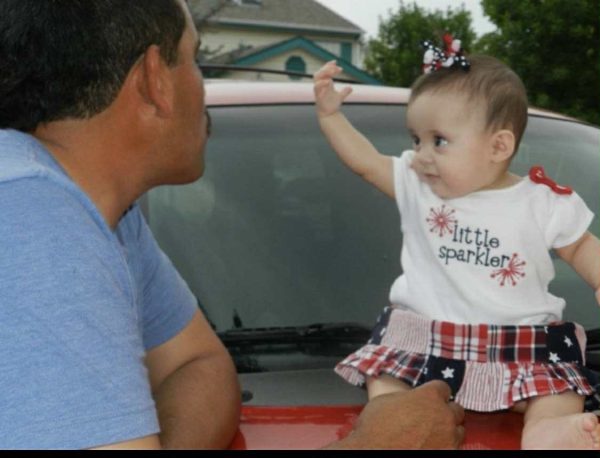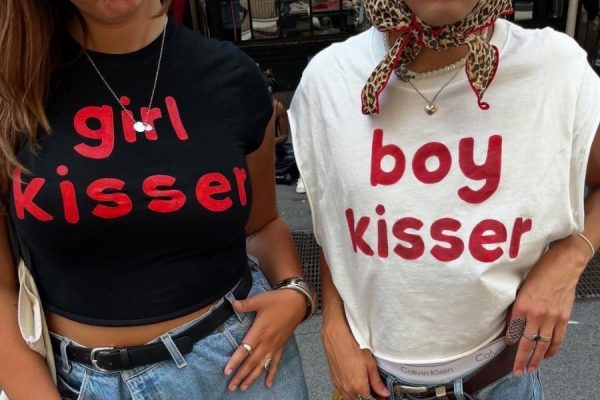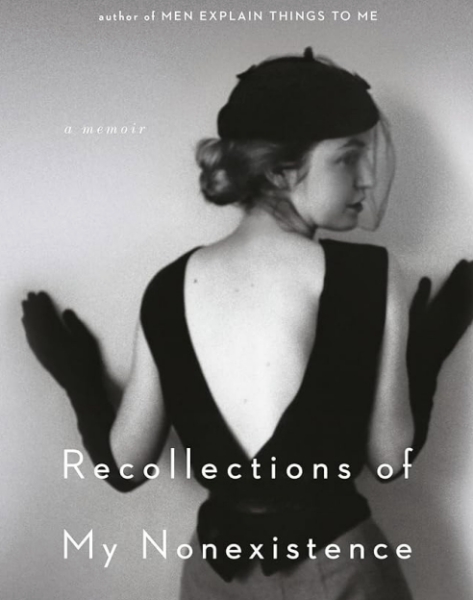Nothing less than worthy
From racism, economic inequalities, to gender pay gaps, Black women face many complications in today’s fight for equality. Regardless of a Black woman’s abilities or education, society encourages the perception that Black women are less qualified and less suitable than others and only sees Black women as being weak.
I was scrolling on my TikTok and a video popped up where the girl stated that if you are Black or a person of color sending your kids to a predominately white school, you need to teach them how to throw microaggressions. Th is stuck out to me because this is not the solution, this is stepping down to their level. People take the word microaggression and think it’s ridiculous because some of them are subtle.
Microaggressions are everyday verbal, behavioral, or environmental slights that, whether intentionally or unintentionally, convey hostility, denigration, or negative views against stigmatized or culturally marginalized groups. We have come a long way fighting for racial equality starting with the Civil Rights Movement to the Black Lives Matter movement.
As a Black woman living in America, I think racial discrimination and stereotyping have plagued the world for decades now, and have been hard to look past when I see and hear about them almost every day. Microaggressions may appear harmless, yet they can cut deep and hurt the people who experience them.
To understand these microaggressions you have to understand the person who is at the end of these stereotypes. In today’s society, Black women are seen as the least desirable, mocked, and demonized for our features; this includes the way our hair looks, the way we talk, and the way we carry ourselves, yet we are also the most plagiarized and imitated.
Here is a list of some microaggressions the majority of Black women face walking out of their door every day:
- The assumption we have an attitude all the time
- When we are considered “aggressive” or “scary,” especially in a scenario where we are standing up for ourselves
- Being called “angry”
- Being told we are being “grown” or “fast” based on the clothes and hairstyles we wear
- Being called “exotic” because of our natural curves
- Petting our hair like we are an attraction or asking a stranger to touch her hair
- Our hairstyles aren’t “fit” for “professional” settings
- Assuming all black women have had the same life experience
- Pressure to fulfill the role of being strong and independent
- The expectation of being the Jezebel
- Feeling invisible
- Criticisms single Black moms face
As a Black woman, I have experienced and witnessed the most unsettling things that are said to myself and other Black women just because we are not white men. I was always told that I was intimidating and scary until the person got to know me.
At one point in my life, I was even afraid to wear my natural afro because I didn’t want to look like I didn’t do my hair. In high school, a classmate came up to me and asked me if was I raised in a barn because of how outspoken I was. I was told to watch my tone while I was growing up because I came off as aggressive, which bothered me.
There is also a clear difference between asking these questions to educate yourself and asking these questions to make fun of another human being. I don’t mind my non-Black friends asking me questions about my Black experience as a woman of color to educate themselves. I am not denying that being a woman in today’s society is tough, but it is the simple fact that being a Black woman today is even tougher because of these very microaggressions.
It is important to understand that we are not who these people claim us to be and we should love ourselves inside out. As Black women, we must stop letting the negativity of society see us as anything less than worthy.
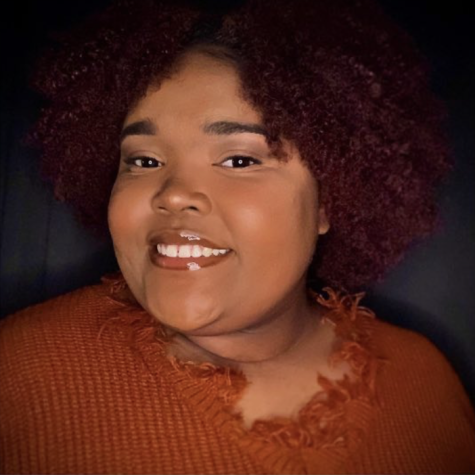
Hello, my name is Tiera Rivers, I'm from Lexington, SC. I am a senior at Coastal Carolina majoring in graphic design and minoring in art history. I am...


